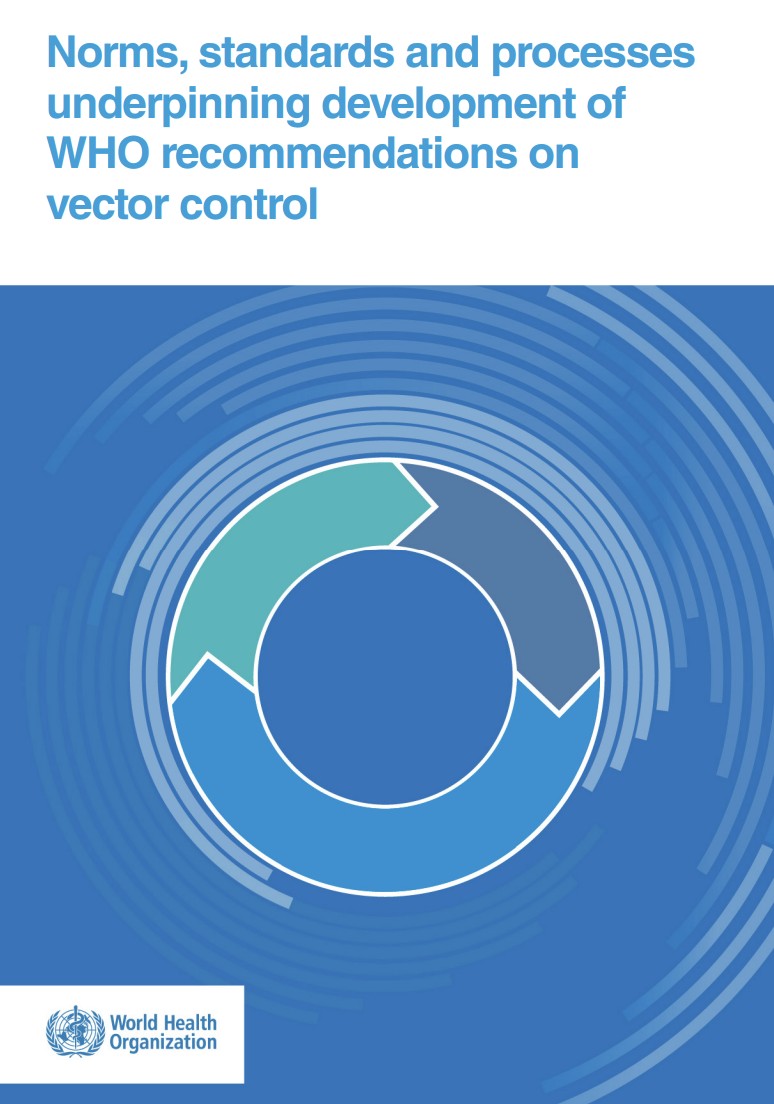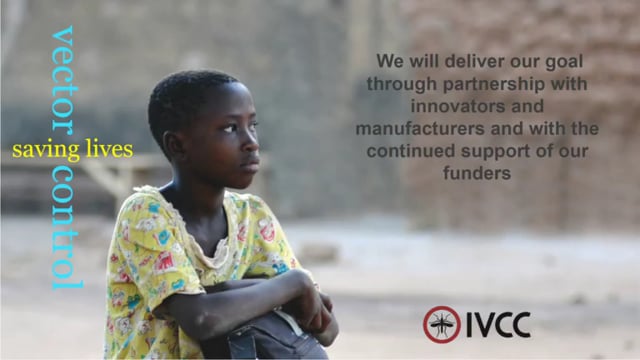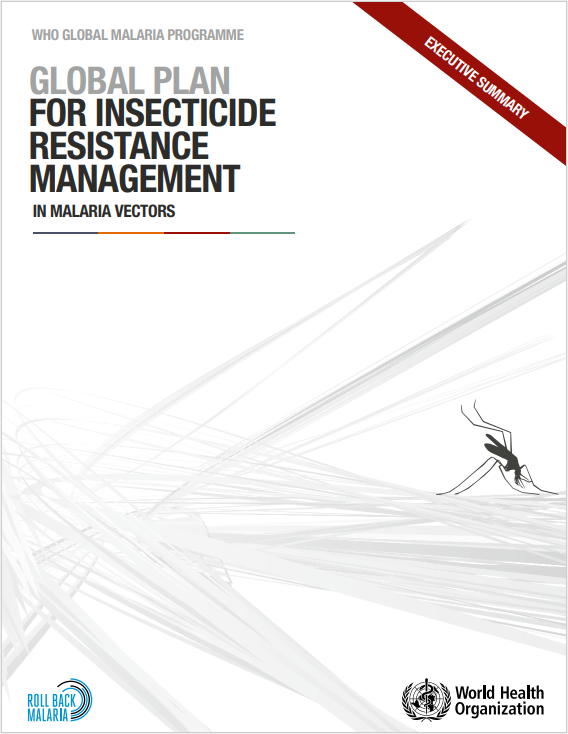Last Updated: 29/01/2025
Development of new malaria vector control with reduced environmental impact
Objectives
*Original title and text were machine translated from Japanese.
This research aims to devise an easy and low-budget method to control the occurrence of Anopheles mosquitoes, with the ultimate goal of suppressing the transmission of malaria infection.
Malaria is a serious insect-borne infectious disease transmitted by Anopheles mosquitoes. Many of the patients and deaths from malaria live in poor rural areas of Africa, so there is a need for an easy and low-cost method to control the population of Anopheles mosquitoes. From the results of previous studies, 1) the oogenesis inhibitor of Anopheles mosquitoes is a heat-resistant compound released by Methylobacterium sp. 2) Methylobacterium sp. does not affect blood digestion. 3) Methylobacterium sp. affected the mRNA expression level of yolk precursor protein (Vg) 24 hours after blood feeding. These results suggest that Methylobacterium sp. may affect Vg synthesis in fat bodies and Vg uptake in ovaries.
Next, the distribution of bacteria in the bodies of mosquitoes that had ingested a Methylobacterium sp. suspension was examined using PCR, and the bacteria were found to be distributed predominantly in the ovaries. Since the bacteria was distributed in large numbers in the ovaries, the possibility of transovarial transmission was examined, but the bacteria was not detected in the eggs laid by PCR. From the above, it was confirmed that the bacteria is not transmitted via eggs. Furthermore, mosquito larvae (larvae) were reared in rearing water with added bacterial suspension, and the mosquito larvae that had ingested the bacteria were allowed to develop from giant mosquito larvae (pupa) to adults to examine the transmission of the bacteria through developmental stages, but it was confirmed that transmission through developmental stages did not occur either.
Jun 2022 — Mar 2025
$43,522


